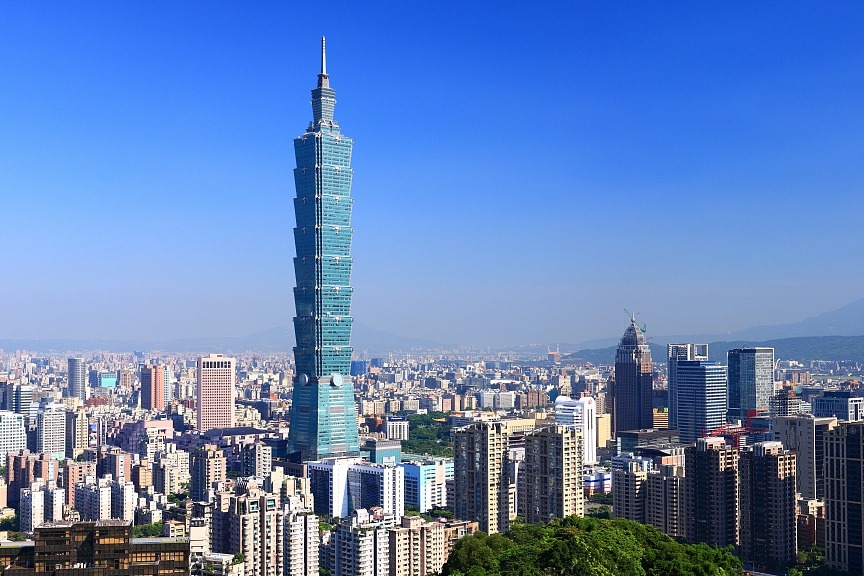CPC Guidelines for Governing Xinjiang in the New Era: Practice and Achievements
The State Council Information Office of the People's Republic of China September 2025

Contents
Preface
I. Governance of Xinjiang by Past Central Authorities: Philosophies and Experience
II. CPC's Governance of Xinjiang: Progress and Achievements
III. CPC Guidelines for Governing Xinjiang in the New Era: Opening Up New Dimensions
IV. Stronger Foundations for Stability, Peace and Security
V. Uniting the Chinese Nation as One Community
VI. Further Progress in Democracy and the Rule of Law
VII. High-Quality Development and High-Standard Opening Up
VIII. Significant Progress in Cultural Development
IX. Continuous Improvement in People's Wellbeing
X. Greater Synergy for Xinjiang's Development
Conclusion
Preface
As the boundary of national governance is defined by where the people reside, the primary concern of a country should always be its border areas.
Spanning five millennia, our great civilization has seen all the ethnic groups of the Chinese nation open up the motherland's vast territory through untold hardships and unparalleled perseverance and form a unified multiethnic nation. Together, they have written a glorious Chinese history, created a splendid Chinese culture, and fostered our great national spirit.
Xinjiang, known as the Western Regions in ancient times, has long been an inseparable part of China and an important gateway of the Chinese civilization to the outside world. Throughout history, successive central governments have established administrative institutions for its governance and stationed garrison troops to reclaim wasteland and guard the border areas. Through millennia of exploration and practice, they have accumulated a wealth of experience in this crucial endeavor.
Since its birth, the Communist Party of China (CPC) has pursued its mission of working for the wellbeing of the Chinese people and rejuvenation of the Chinese nation, including the people of all ethnic groups in Xinjiang. Throughout the years of revolution, construction and reform, the CPC has drawn from the experience and lessons in governing Xinjiang to continuously renew and develop its governance philosophy for the region. With new missions and tasks, it has responded to today's new imperatives in its work on Xinjiang, achieving major milestones in promoting reform and development, ethnic unity, social progress, people's wellbeing, and border security in the region.
In the new era, the CPC Central Committee with Xi Jinping at its core has considered, planned and arranged the work in relation to Xinjiang from the holistic and strategic perspective of building a strong China and pursuing national rejuvenation. It has continuously deepened its understanding of the dynamics of governing Xinjiang, set the overall goal of social stability and lasting peace and security, and established the Party's guidelines for governing Xinjiang in the new era. In providing leadership for the work related to Xinjiang, it has upheld fundamental principles and broken new ground, and successfully driven its progress despite the complex circumstances, challenges, and risks. Historic achievements and transformative change have been witnessed in all undertakings of Xinjiang.
































